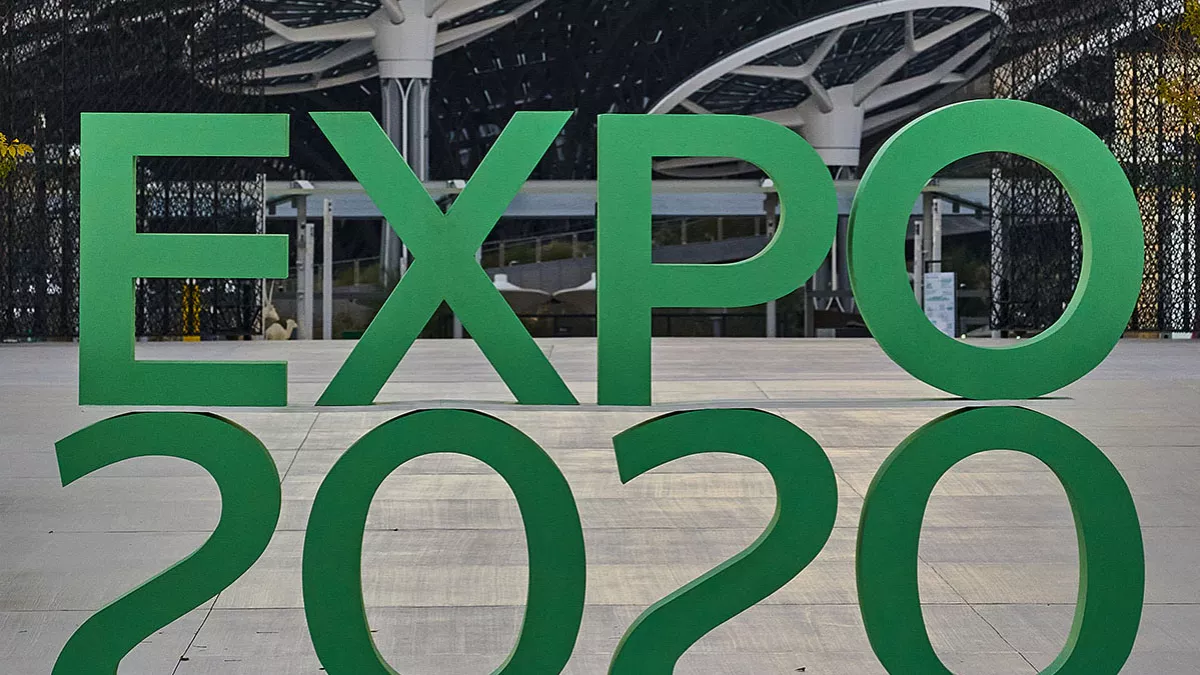First-ever Faith Pavilion at a COP was inaugurated to discuss the role of faith communities, religious institutions in addressing climate crisis
04 Dec 2023
News
World religious leaders, scientists, and international politicians convened on the fourth day of COP28, to inaugurate the first-ever Faith Pavilion at a COP and talk about the role that religious institutions and faith communities may play in tackling the climate problem.
The UAE Minister of Tolerance and Coexistence, Sheikh Nahyan bin Mubarak Al Nahyan, and Pope Francis's representative, Cardinal Pietro Parolin, attended the opening, which was sponsored by His Highness Sheikh Mohamed bin Zayed Al Nahyan, President of the UAE.
Pope Francis and the Grand Imam of Al Azhar both gave virtual speeches to the crowd, emphasising the need for immediate action to combat climate change.
The first-ever Faith Pavilion is devoted to the engagement of faith communities and will host panels with religious leaders, scientists, and political leaders in addition to encouraging intergenerational dialogue involving youth and indigenous representatives. It is co-hosted by the COP28 Presidency, the UAE Ministry of Tolerance and Coexistence, the Holy See, the United Nations Environment Programme (UNEP), the Muslim Council of Elders, and a coalition of faith partners.
The Faith Pavilion expands upon the success of the Global Faith Leaders' Summit, which took place in Abu Dhabi on November 6 and 7, and brought together over 200 religious leaders, scientists, young people, academics, and environmental specialists. The Abu Dhabi Interfaith Statement for COP28, also known as "Confluence of Conscience: Uniting for Planetary Resurgence," was signed by 28 religious leaders during the summit. It stated their "shared concern" about the growing effects of climate change as well as their commitment to working together to solve the issue. The Statement is on exhibit in the Blue Zone at COP28 at the Faith Pavilion.
The Faith Pavilion aims to bring together religious representatives, communities, and institutions in support of climate action and the objectives established in the Paris Agreement, given that over 84 percent of the world's population identifies as religious.
